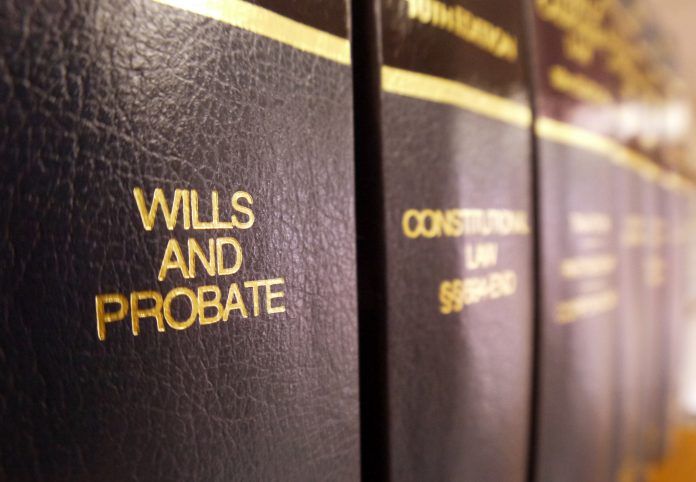Philip Turvey, Executive Director of Anglia Research, explains the risks of collusion local authorities face with cases of probate – and how councillors can clamp down on the issue
We don’t like to think of councils and local authorities wilfully stealing from citizens – and yet, it is something that unfortunately happens, all too often unnoticed. Earlier this month, the case of a “sudden death co-ordinator” from Hackney Council caused outrage after it became publicly known that he helped himself to the belongings and cash of deceased residents which he was supposed to catalogue. On top of this, he was reported to have received payments from a probate genealogy firm – colloquially known as ‘heir hunters’ – for tip-offs about lucrative estates where a will had not been left and the individual had no close family.
While this was the action of an individual, and not the council, the case highlights an issue that is becoming far too common within local authorities. In a similar case a council finance officer was jailed in Leeds a few years ago. A number of heir hunting companies have openly admitted to offering council intermediaries a “useful bounty” for intercepting estates before they are referred to and openly advertised by the Government’s Bona Vacantia Division. This means public sector workers and councils have constant exposure to legal and reputational risk, and action needs to be taken to remedy the problem.
Sharing information to heir hunters
We carried out research earlier in the year which canvassed 350 local authorities across England and Wales. The request made under the Freedom of Information Act (FOI) found that over 45% of local authorities are passing information about intestate deaths exclusively to a single heir hunting company, even if they rotate the choice of favoured firm.
This gravely circumvents the competition and transparency that should protect a deceased’s next of kin. If an heir hunter knows they are the only one who is approaching a potential heir, the likelihood of them charging an excessive fee rises exponentially. If the case had been advertised on the Bona Vacantia list, by comparison, several probate genealogy firms would have had the chance to trace the heir and approach them with a much more competitive rate.
Local authorities preventing competition, therefore, lowers an heir’s range of options to access their inheritance and can lead to them being pressured into signing deals with heir hunters after little to no advice or choice, and they may well believe that the heir hunter represents the council.
In the worst-case scenario, however, some local authorities are actively hampering UK intestacy law being carried out. This was highlighted by another case when an inexperienced firm of heir hunters, who were given sole access to an intestacy case by Tower Hamlets council, identified someone they thought to be a cousin of the deceased as next of kin, but who had in fact no claim to the estate whatsoever. Once the real heir was identified, however, redress of the estate was far from straightforward. The heir hunters’ solicitors have been slow to respond and provide necessary information. Currently, the council is waiting for a new Grant of Letters of Administration to be issued so the estate can finally be released – six years after the deceased’s death.
Regulation and transparency
Probate research remains unregulated, but there is no need to let it degenerate into lawlessness. The Association of Probate Researchers (APR) has been instrumental in the drive for regulation in the sector, as well as advocating for an increase in transparency between all parties involved in probate cases – from the deceased’s next of kin, to genealogists and councils.
However, this drive can’t come from the industry alone. Clearer guidance needs to be issued by policy advisors together with local and central government. This will help to stop the aggressive marketing and misleading information that is promoted and circulated by heir hunters.
When implementing best practice, it is paramount that local authorities refer the relevant cases to the Government’s Bona Vacantia Division (BVD) – and if that’s not possible, publicly advertise the details in the same manner as the BVD, therefore allowing competition and peer assessment of research. To avoid any legal risks and potential conflicts of interest, councils need to make sure they keep records of every action taken, too, such as maintaining a written record of any contact made with house clearance contractors, valuers, funeral homes or auction houses. This will protect both the interests of the deceased, their next of kin, and the council itself.
Being an advocate for transparency is not always the most convenient option – but it’s the only way to ensure that the rightful heirs and residents in a council’s district or borough are protected.











